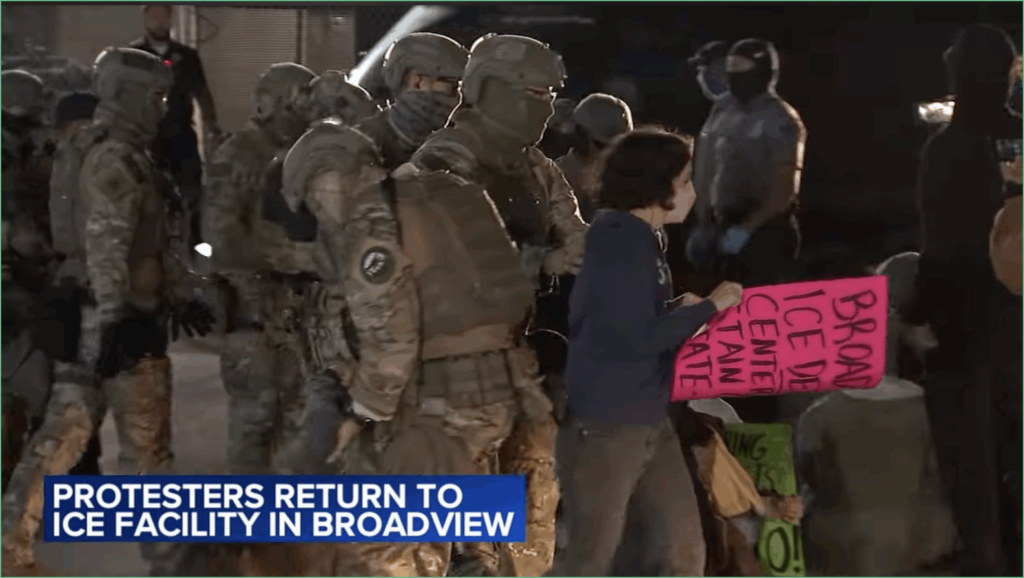Don’t blame the enforcement of the law; blame the Democrat lawlessness that made enforcement necessary.
When politicians soften rules, ignore borders, and prioritize politics over public safety, enforcement becomes the reaction to a problem they created. Pointing fingers at officers or agents misses the real story: someone turned a manageable issue into a crisis. Enforcement shows up where policy fails.
Too often the left frames enforcement as heavy-handed while excusing the policies that let crime and chaos spread. Sanctuary city rules, lax border controls, and soft-on-crime rhetoric are not neutral choices; they shift the burden onto honest citizens and law enforcers. Criticism should land on the policymakers who set the stage, not on the people trying to hold the line.
Communities pay the price: shops boarded up, neighborhoods shrinking, and families who once felt safe now living with uncertainty. Enforcement isn’t the villain when it restores order, protects victims, and defends property and lives. We owe respect to officers who face danger because elected officials refused to do their jobs.
Media narratives often hunt for scandal, and some politicians weaponize single incidents to cover systemic policy failures. That plays into a false choice, say enforcement or compassion, when real compassion means protecting law-abiding people first. If you remove safety from the equation, everything else falls apart.
Policy matters: secure borders, clear charges, and firm prosecutions shrink the space where bad actors operate. That’s not cruelty; it’s basic order and fairness for victims who deserve justice and for taxpayers who fund public safety. Republican leaders talk about restoring those standards because the alternative is chaos dressed up as mercy.
Electoral accountability fixes bad policy fast: when voters demand borders enforced and criminals prosecuted, officials listen or lose their jobs. That’s how you change incentives; you reward folks who put public safety first and punish those who make excuses. Local prosecutors, governors, and Congress all play parts, and the electorate must insist on results.
We should defend good policing and reform what needs fixing without letting political theater gaslight the public. The real question is who created the mess that required enforcement in the first place, and voters should demand honest answers. Calling out lawlessness is not a slogan; it is a demand for leadership that protects citizens, not ideology that excuses harm.
There’s a real price tag for permissive policies: higher insurance premiums, more emergency spending, and lost investment in neighborhoods seen as unsafe. Taxpayers pick up these bills while political elites score moral points and avoid responsibility. Counting costs is not partisan, it’s a practical way to judge whether policies work.
Leaders have a duty to protect the weak and preserve opportunity for the next generation, not to rationalize policies that shrink both. When kids see lawlessness rewarded, standards slip and future prospects dim. Policy choices shape culture, and that is why elected officials matter more than pundits or viral outrage.
Practical reforms like clearer statutes, stronger penalties for repeat offenders, better coordination between agencies, and accountability for bad politicians will move us forward. Support for transparency and modern training keeps enforcement effective and trusted. We can insist on enforcement that’s fair, measured, and focused on protecting everyday Americans rather than serving partisan narratives.



